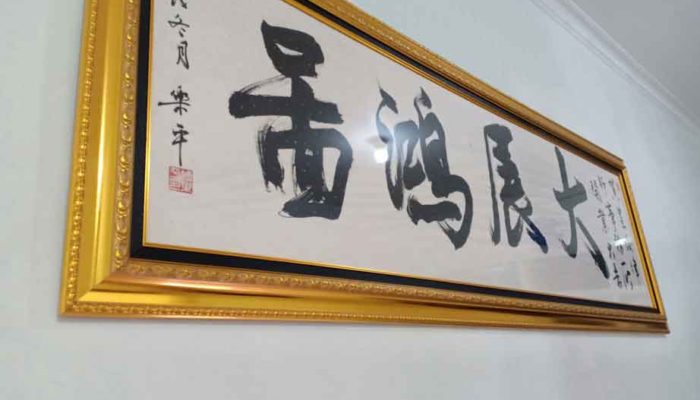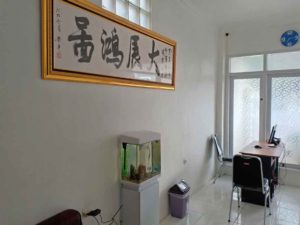Preface
In today’s globalized business environment, the professionalism, comprehensiveness, and international perspective of legal services are becoming increasingly critical. To better meet clients’ growing and complex needs, and to provide high-quality, efficient, one-stop legal service solutions, Queen Law Firm and Big Star Law Firm are pleased to announce the establishment of a strategic partnership.
1. Background of Cooperation
As economic exchanges between Indonesia and China grow closer, cooperation in trade, investment, engineering, and other fields continues to deepen. However, differences in legal systems and cultural backgrounds between countries pose significant challenges for businesses engaged in cross-border operations. To help enterprises overcome legal obstacles and achieve steady development, Queen Law Firm and Big Star Law Firm, leveraging their profound expertise and stellar reputations, have decided to join forces, pooling resources to build a legal service bridge across borders.
2. Introduction to Big Star Law Firm
Guangxi Big Star Law Firm, officially established with the approval of the Ministry of Justice, is located in Nanning, Guangxi Zhuang Autonomous Region. Positioned within the ASEAN economic zone, it is a boutique law firm with international practice standards. Specializing in corporate affairs, litigation and arbitration, entertainment law, family inheritance, intellectual property, criminal defense, and administrative law, the firm excels in providing professional, efficient, and high-quality legal services to a diverse clientele, including domestic businesses, entertainment celebrities, and foreign investors.
3. Advantages of Cooperation
(1) Professional Complementarity and Comprehensive Services
Queen Law Firm and Big Star Law Firm each have unique strengths, enabling deep professional synergy. Big Star Law Firm has extensive experience and capabilities in domestic legal matters, while Queen Law Firm holds profound resources and expertise in Indonesia’s legal environment. Through this collaboration, clients will benefit from comprehensive legal services covering both China and Indonesia, including but not limited to company registration, contract review and drafting, intellectual property protection, investment mergers and acquisitions, and dispute resolution, ensuring professional and precise legal support at every stage of cross-border business operations.
(2) One-Stop Service for Convenience and Efficiency
This partnership aims to create a one-stop legal service platform for clients. Whether Chinese enterprises expanding into the Indonesian market or Indonesian businesses entering China, clients can access a seamless service system that spans the entire process—from preliminary market research, legal consultation, and project planning to contract execution and dispute resolution. This one-stop service model significantly simplifies communication, enhances efficiency, reduces legal risks, and provides strong support for cross-border operations.
(3) In-Depth Market Insights and Seizing Opportunities
With years of deep cultivation in Indonesia, Queen Law Firm possesses keen insights into local market dynamics, policy changes, and business culture. Partnering with Queen Law Firm allows Big Star Law Firm to gain a thorough understanding of the Indonesian market’s unique characteristics and requirements, enabling them to offer more targeted and effective investment advice and legal solutions, helping businesses seize opportunities and achieve sustainable development.
(4) Jointly Addressing Challenges and Mitigating Risks
Cross-border operations are often accompanied by complex legal risks and cultural challenges. By forming a partnership, both firms will establish a joint professional team to thoroughly research the legal policies of both countries, proactively identify potential risks, and develop corresponding strategies. In the event of legal disputes, they can respond swiftly, leveraging their expertise in different legal systems to provide robust legal defense and dispute resolution support, thereby safeguarding clients’ rights and interests to the greatest extent possible.
4. Prospects for Cooperation
The establishment of this strategic partnership marks a significant milestone in the development of Queen Law Firm and Big Star Law Firm. It is also an important step for both firms to align with the global trend and actively expand their international business footprint. In the future, both firms will remain client-centric, continuously innovate service models, enhance service quality, strengthen communication and collaboration, and explore more areas and opportunities for cooperation. We firmly believe that the close partnership between Big Star Law Firm and Queen Law Firm will inject new vitality into the collaboration between Chinese and Indonesian enterprises, create greater value for clients, and open a new chapter in the field of legal services!






